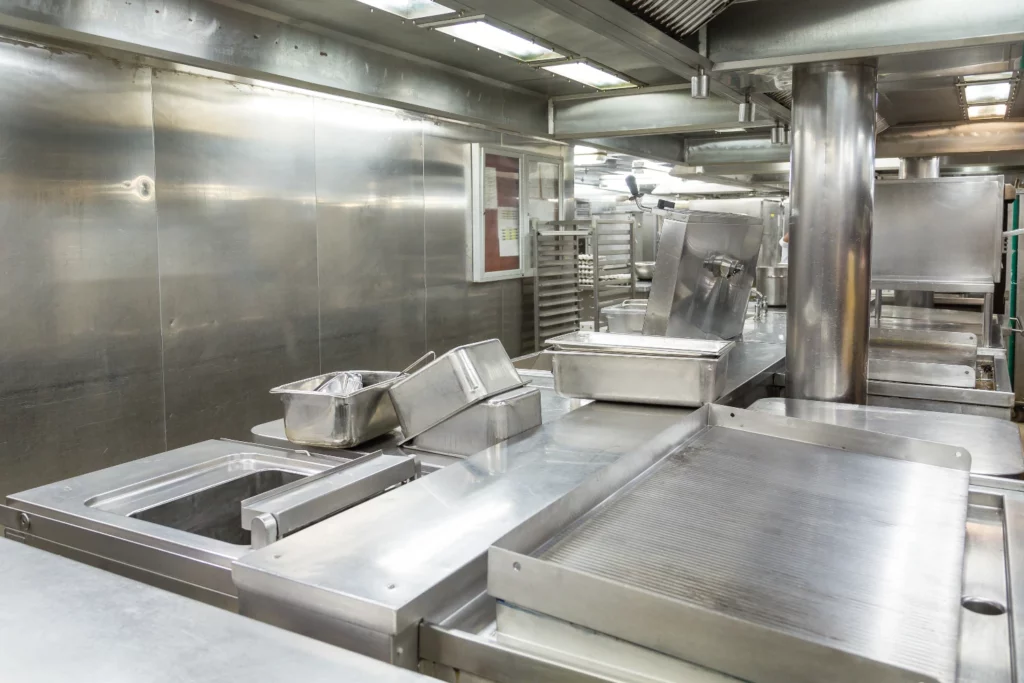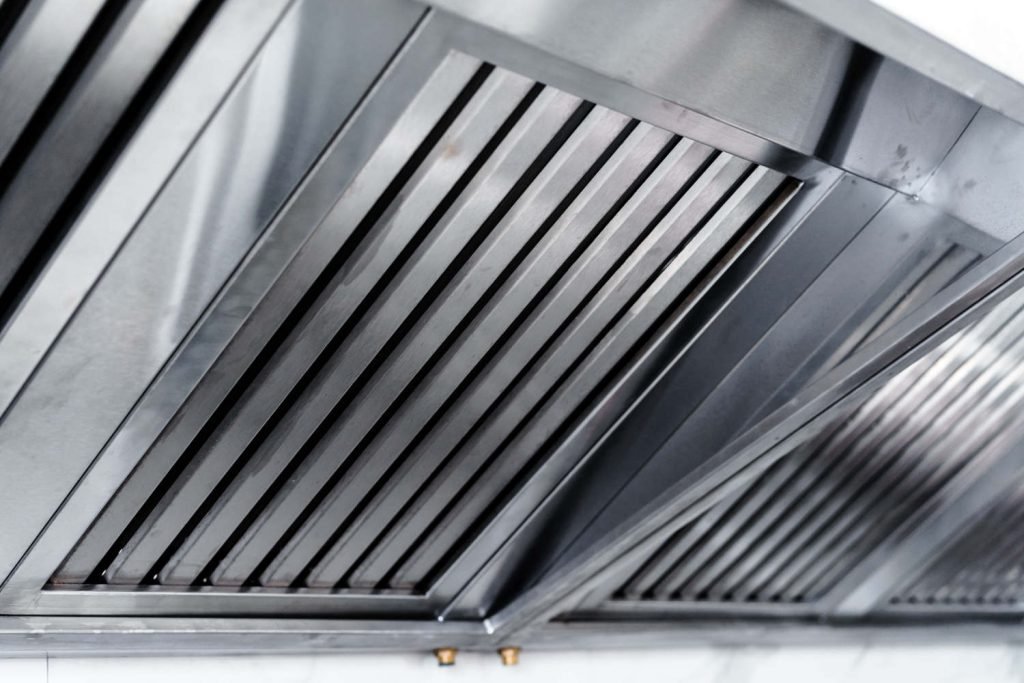WHAT IS THE NFPA AND WHY IS IT IMPORTANT?
The National Fire Prevention Association is abbreviated as “NFPA.”This non-profit company was founded in 1896 by a collection of insurance firms to prevent fire-related losses. Today, the organization oversees promoting fire safety education, standards, and trainings, as well as kitchen hood exhaust cleaning and inspections. In addition, NFPA oversees developing and overseeing fire safety rules.
THE STANDARDS OF THE NFPA
A cleaning guideline for grease hoods and range hoods in commercial kitchens is nfpa 96.
The frequency of professional grease removal from the system is only emphasized in the NFPA 96’s blueprint for restaurant hood cleaning. It also offers a guideline that identifies additional locations that require cleaning and inspection by a licensed business.
A highly trained and qualified team or firm must check and clean the whole commercial kitchen exhaust system in accordance with NFPA 96 guidelines. The hood system must be cleaned if the examination reveals evidence of a buildup of more than 50 microns of grease-laden fumes in the kitchen hood.
The NFPA standards are used by local fire inspectors and insurance companies to create standards and rules that safeguard against fire dangers.
NFPA section 96, sometimes known as NFPA 96, is concerned with commercial kitchen exhaust cleaning, inspection, and maintenance.

NFPA GUIDELINES FOR CLEANING A COMMERCIAL KITCHEN
The kitchen hoods must be professionally cleaned and maintained, and this is the manager of the establishment personal responsibility.
- The NFPA 96 standard considers the ensuing elements to be crucial.
- NFPA 96 requirements must be followed for the maintenance of the systems, including the fire production system and the ventilation system.
- You need to make sure that all the makeup systems are properly maintained, and your commercial kitchen equipment needs to be supported by a ventilation system that complies with NFPA 96 standards.
- Only a qualified, professionally trained firm or individual should maintain and clean your commercial kitchen. Your kitchen crew is unable to certify your system and clean it.
- A certificate with the date of cleaning, the name of the cleaning contractor’s firm, the cleaning date, and the areas that were not cleaned throughout the process must be provided by the cleaning specialist after the area has been cleaned.
- The NFPA 96 specifies that the fire suppression system must be operational throughout the entire cleaning procedure.
- A trained and certified company will not apply cleaning chemicals to the fusible links during the cleaning.
- All power switches that run the risk of automatic activation shall be locked out prior to the cleaning.
- Make that all the power switches, pilot lights, and other significant parts of the system are back in working order after being cleaned by a team or individual with professional training.


For all my Brazilian buddies out there, xpgamesbr is on my radar. Heard good things and ready to dive in. Time to check out xpgamesbr.
Downloaded the z777gameapk earlier today. Installation took no time, and the app runs super smooth. I’m quite impressed. Recommended if you are looking for a new game app! z777gameapk
JJJTgamedownload’s game selection is HUGE! So much variety, I’ve been able to find lots of new things to play. Worth the look! Download it here: jjjtgamedownload.
Kho slot tại 888slot 888 slot được phân loại rõ ràng: cổ điển, video, jackpot, Megaways… giúp bạn dễ dàng tìm game yêu thích chỉ trong 1 click. TONY12-30
44betcom has a lot to offer a person that wants to have a good time. Try out this awesome outlet and tell me if you agree!44betcom.
Just finished the taya 777 app download. Seems good so far, graphics are sharp and works fine. Lets see if I’ll get some payouts! Cheers.
166betonlinecasinp is on my radar now. The whole vibe is cool and they got some interesting games. Definitely worth exploring 166betonlinecasinp.
Heard murmurs about axiebet888. Tried it. Its actually not too bad. Good spot for a quick bet here and there. Checkout axiebet888 when you get a chance.